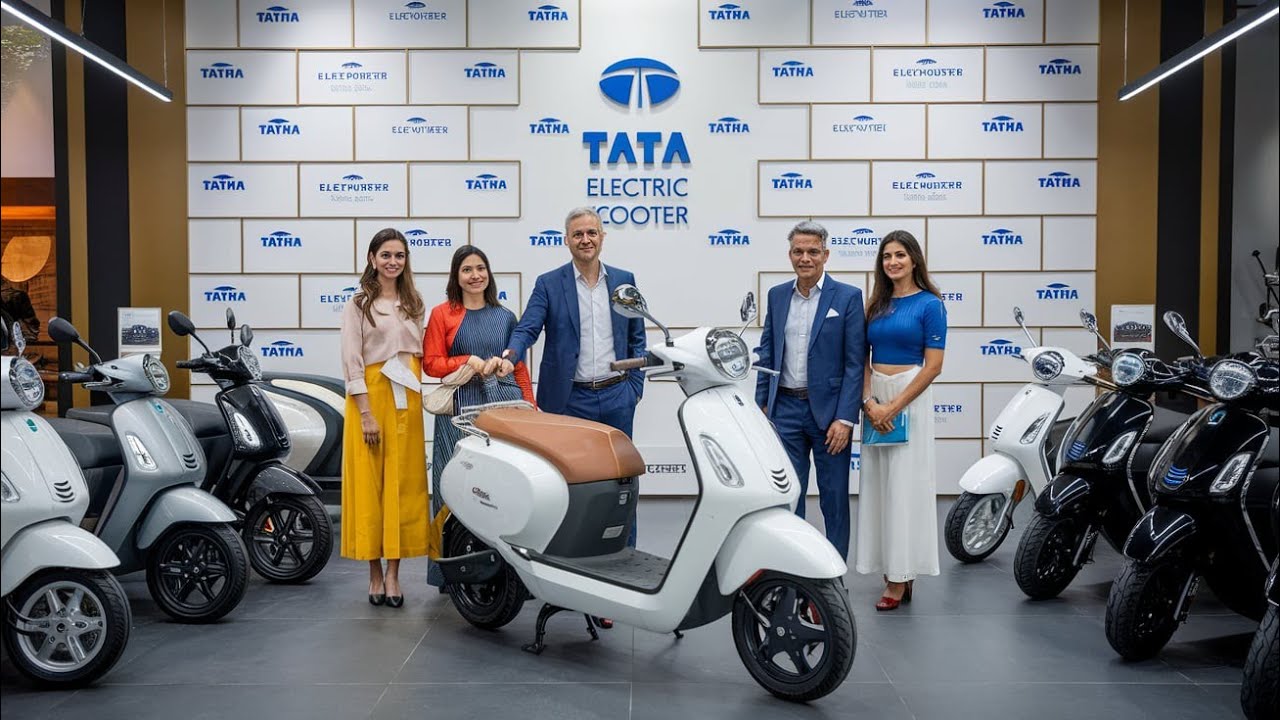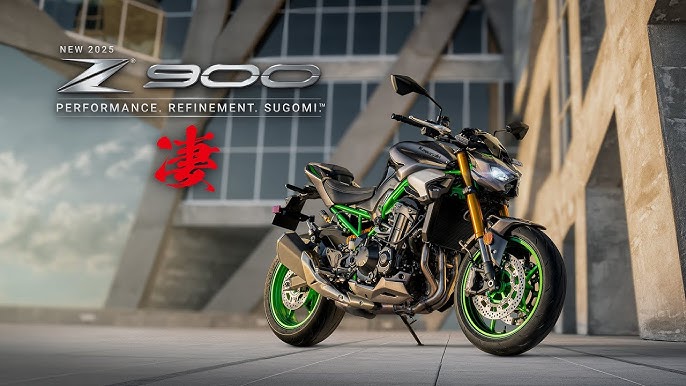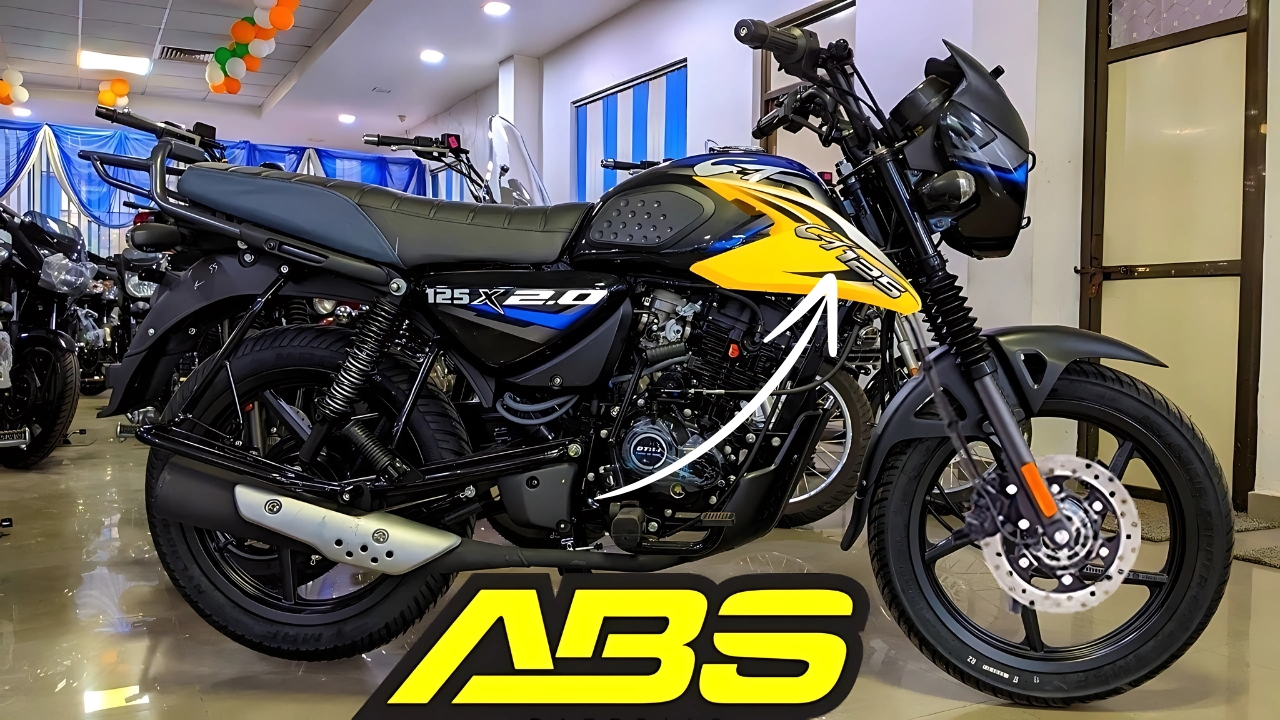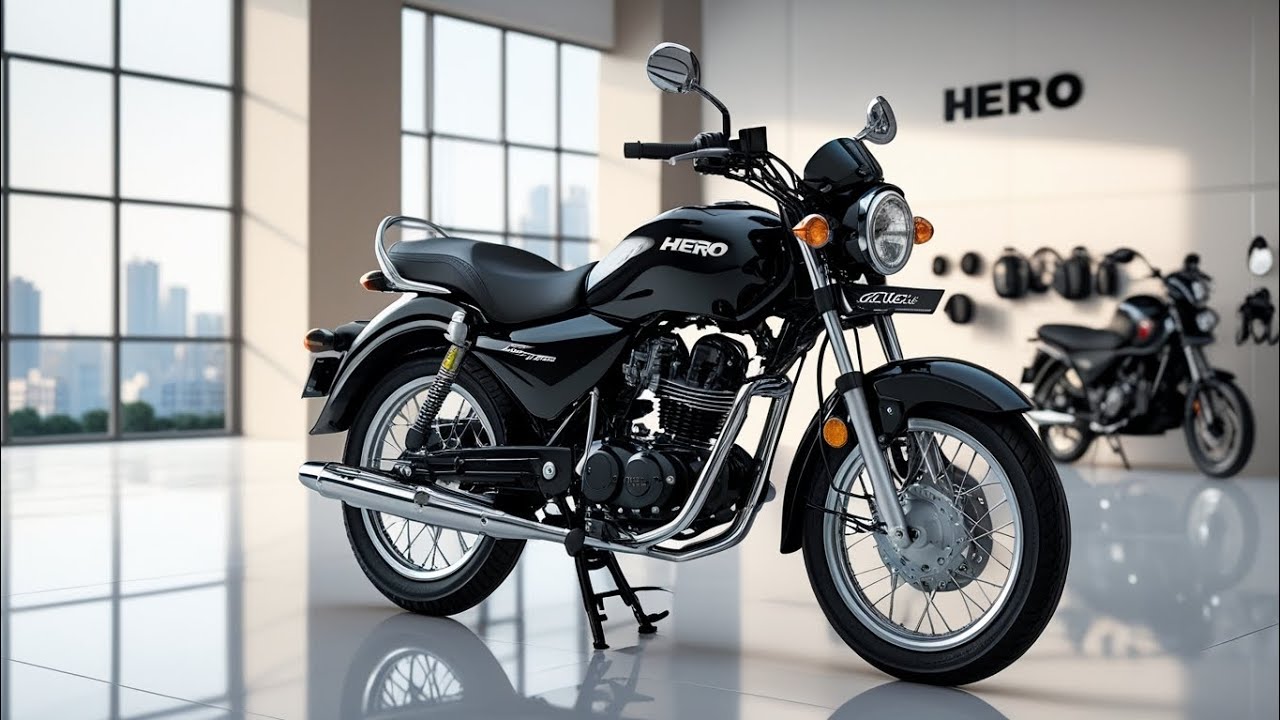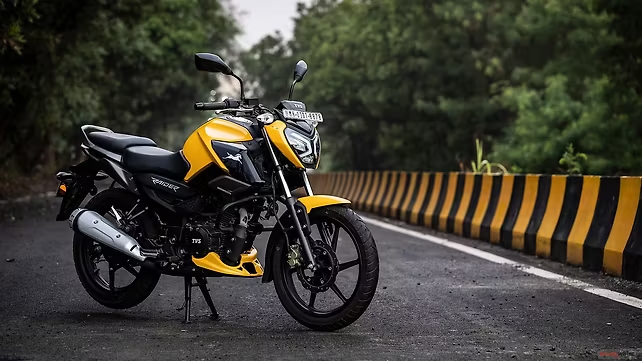Tata EV Scooter – India’s EV scene is heating up—and just when we thought the market had settled with Ola, Ather, and Bajaj leading the charge, Tata is planning a bold entry. Yep, the trusted carmaker that gave us the Nexon EV is now turning heads with its upcoming electric scooter, expected to launch in August 2025.
And it’s not just hype. With a real-world range of 200 km, this scooter could be the answer to urban India’s EV dreams—affordable, long-lasting, and backed by a brand people already trust.
Made for Daily Indian Riders
Tata seems to be designing this EV scooter with the everyday Indian in mind. Whether you’re a college student, delivery worker, office-goer, or small business owner, this scooter looks like it’ll fit right into your lifestyle. It’s expected to pack a 3.5 kWh lithium-ion battery, which is higher than most current models in the same price bracket.
That 200 km range isn’t just impressive on paper—it could actually cover an entire week of short commutes for many people without the need to recharge. Plus, fast-charging support is likely, so even if you’re running low, a quick break is all you need to juice it up.
Taking On the Big Players—Confidently
Sure, Tata is arriving late to the electric two-wheeler game. But being fashionably late might work in its favor. Ola S1 Pro, Ather 450X, and Bajaj Chetak are already popular—but Tata could outdo them in key areas.
Here’s how Tata’s scooter might beat the competition:
- Pricing: Estimated ₹1–1.2 lakh, which is lower than Ola and Ather.
- Range: 200 km trumps Ather’s 150 km and Ola’s 181 km.
- Brand Trust: Tata is a household name with a proven track record.
- Service Network: Tata already has a strong after-sales setup across India.
Performance That Actually Suits Indian Roads
Specs are one thing, but how does it ride? If Tata’s experience with EV cars is anything to go by, we can expect smooth acceleration, instant torque, and a ride that can handle our chaotic streets. It should come with a high-torque motor that works even when you’ve got a pillion and a delivery bag or two strapped on.
The suspension and chassis are expected to be well-balanced—ideal for speed breakers, potholes, and stop-and-go traffic. Throw in riding modes, a digital display, Bluetooth, and features like geo-fencing and app connectivity, and you’ve got a modern-day scooter that’s actually useful, not just “techy” for the sake of it.
Service Network—Tata’s Secret Weapon
Let’s be honest: many EV startups are great at marketing but struggle when it comes to servicing. Late appointments, unavailable parts, and poorly trained mechanics—these are real issues. Tata, on the other hand, already has hundreds of service centers across India and knows how to handle large-scale service operations.
This means faster repairs, reliable diagnostics, and peace of mind—especially for first-time EV buyers who don’t want surprises.
What This Means for India
Tata’s entry could trigger some serious shakeups in the EV segment. Expect price wars, faster innovation, and better customer support across the board. Banks might roll out better EMIs, and resale value for EVs could finally see an upward trend. If Tata delivers what it’s teasing, this scooter might not just compete—it might dominate.
Final Thoughts
This isn’t just Tata launching an electric scooter. It’s Tata putting the entire two-wheeler industry on notice. With the right pricing, specs, and service promise, this scooter might just be the EV everyone’s been waiting for—affordable, practical, and totally reliable.
So, if you’ve been on the fence about switching to electric, 2025 might be the year to finally take the leap—and do it with a Tata badge on the front.
Disclaimer
This article is based on early reports and leaks about Tata’s upcoming electric scooter. Features, specs, and pricing may change when the final product is launched. For the most accurate details, always refer to official Tata Motors announcements or your nearest dealership.
